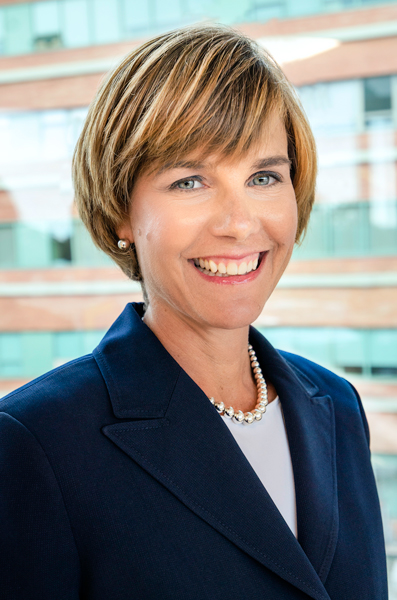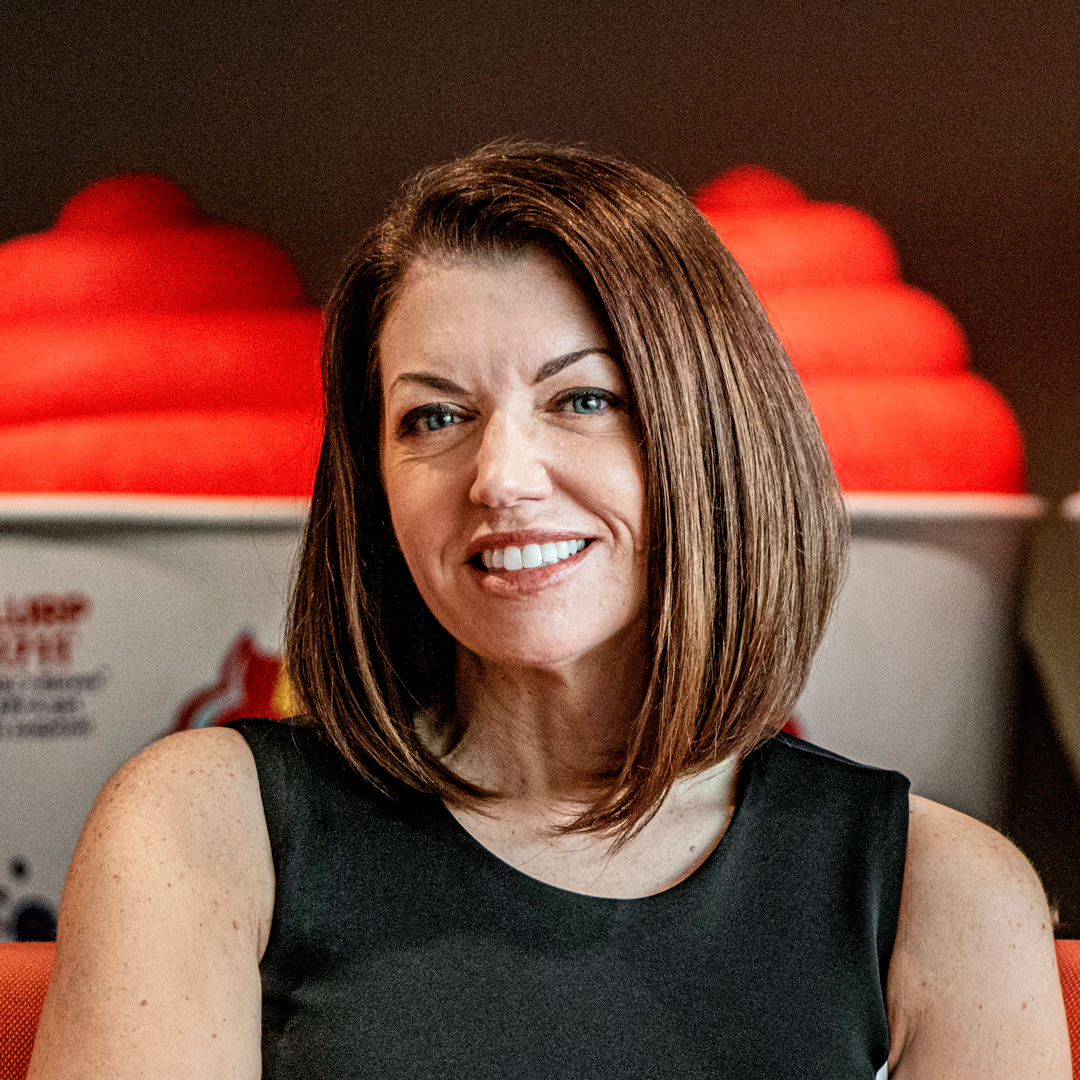|
Getting your Trinity Audio player ready... |
“We’re a people business. We have to constantly focus on engaging our people to fix our systems.” It’s an axiom that Pam Teufel brings into her work every day as chief human resources officer of New Brunswick, New Jersey–based Saint Peter’s Healthcare System. Given the challenges that the healthcare industry has faced both before and during the COVID-19 pandemic, she’s especially diligent when it comes to meeting the needs of personnel.
Teufel didn’t intend to go into the field of HR. Initially, she started her career as the evening anchor for an all-news, AM radio station, getting her communications degree from Ithaca College. But it wasn’t long before a manager at her part-time job recognized her interpersonal skills and recruited her into human resources at Wegmans Food Markets. Within three years, she took on a new HR challenge and gained labor union experience during her time at diagnostics company LabCorp.

One of her clearest memories is when LabCorp acquired Unilab, which meant inheriting a partially unionized workforce. As soon as the deal closed, a group of cytotechnologists and medical technologists filed a petition to join the existing union. Teufel recalls spending sixteen weeks flying from San Diego to Seattle to ensure employees really understood what it would mean to join a union. What she quickly realized was that, rather than just fighting for more money, the employees had some legitimate complaints about their work environment to address: inadequate processes and malfunctioning systems made it difficult to get their jobs done.
“I think my biggest lesson there was that people want to do good work. Challenging work is rewarding. A challenging workplace is a problem,” Teufel admits. With the lab director’s help, those systems were slowly fixed, and the employees ultimately voted not to join the union.
Because Teufel had built such a strong relationship with the Seattle lab employees, the staff ultimately filed their own decertification petition and left the union. A major component of her HR work—and with unions in particular—is to sit down with employees directly, hear their concerns, and fix the systems they need to do their jobs. “Unfortunately, sometimes when you get in a union environment, it becomes us against them,” Teufel explains.
“I think my biggest lesson there was that people want to do good work. Challenging work is rewarding. A challenging workplace is a problem.”
The truth is that labor negotiations often involve creating a better work environment—a top priority for Teufel. In Teufel’s career, she has won three decertification elections and defeated several union organizing attempts. The largest decertification was of the California Nurses Association while working at Scripps Health in Encinitas, California. That same year, Scripps landed on Fortune’s Top 100 Places to Work List.
To that end, Teufel’s job—and, she argues, the job of management in general—is to figure out how to streamline the business system for everyone. “Working as a manager is a privilege, not a right. If you’re not focused on continual systematic improvement, you’re missing an essential management competency,” she explains.
Threading the needle between best practices and securing a strong, ethically minded corporate culture is no easy feat. “One overused phrase in healthcare that I despise is ‘well, their clinical skills are really good, but their people skills are terrible,’” Teufel says. As such, in the past, health systems would tolerate physicians who brought in revenue but didn’t work well within the organization.
At Saint Peter’s, Teufel prides herself on not standing for that kind of uneven hiring. “Your clinical skills are the minimum qualification for the job,” she stresses. “We expect professionalism and for every employee to live up to our service standards.
“If you openly harass your co-worker, you can’t work here,” Teufel adds. “Even if you have the best clinical skills in the business.”
In addition to maintaining high standards for personnel, Teufel spearheaded a total technology transformation, including HR4U, a centralized service center for any employee to reach HR, and Cornerstone talent management, which provides a seamless experience from onboarding to succession planning.
“If you’re not focused on continual systemic improvement, you’re missing an essential management competency.”
Teufel has also redesigned Saint Peter’s total rewards strategy. “I had an employee that was here for twenty years making $14 an hour,” she admits. “That’s the type of stuff that makes you want to cry.” To that end, Teufel convinced the CEO and CFO to move the minimum pay to $15 an hour in 2019 and auto-enrolled everyone in their 401(k) plan, with nearly 98 percent of employees contributing. “You work your whole career in healthcare, you deserve to retire,” she asserts. And these efforts help Saint Peter’s employees get closer to that goal.
“I’m an extremely principled person,” says Teufel, which can frustrate colleagues for whom the ends justify the means. “But it also helps me stand up and be that voice when other people may be intimidated.” That voice has allowed her to make significant changes for the better at Saint Peter’s, whether it’s employee compensation, engagement, or ensuring the company’s values and virtues stay in practice.
Teufel’s advice for other healthcare HR leaders navigating similar struggles? “Go with what works for all of us—stay true to your core values, communicate and follow through, and recognize employees for who they are—your most valuable resource.”

